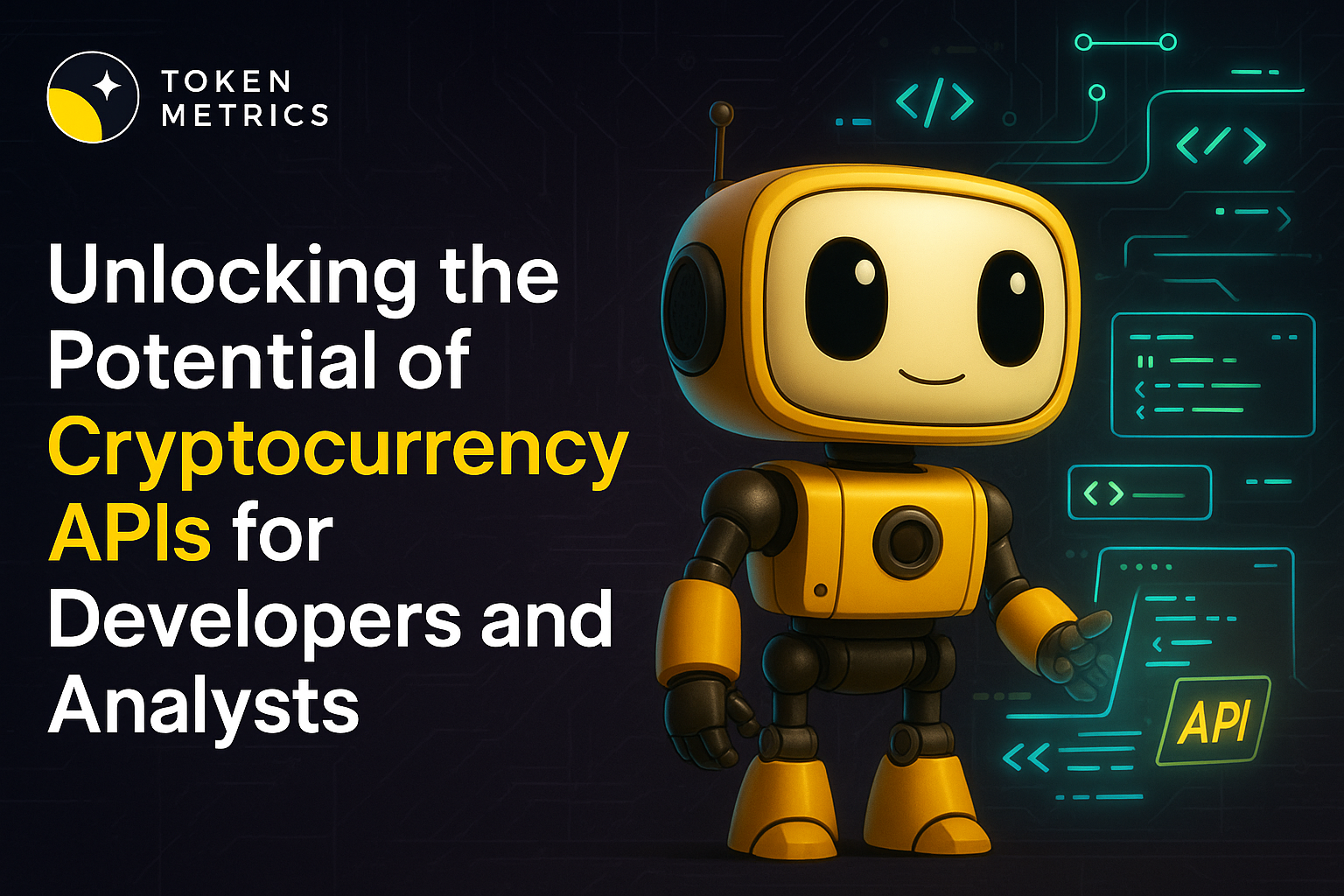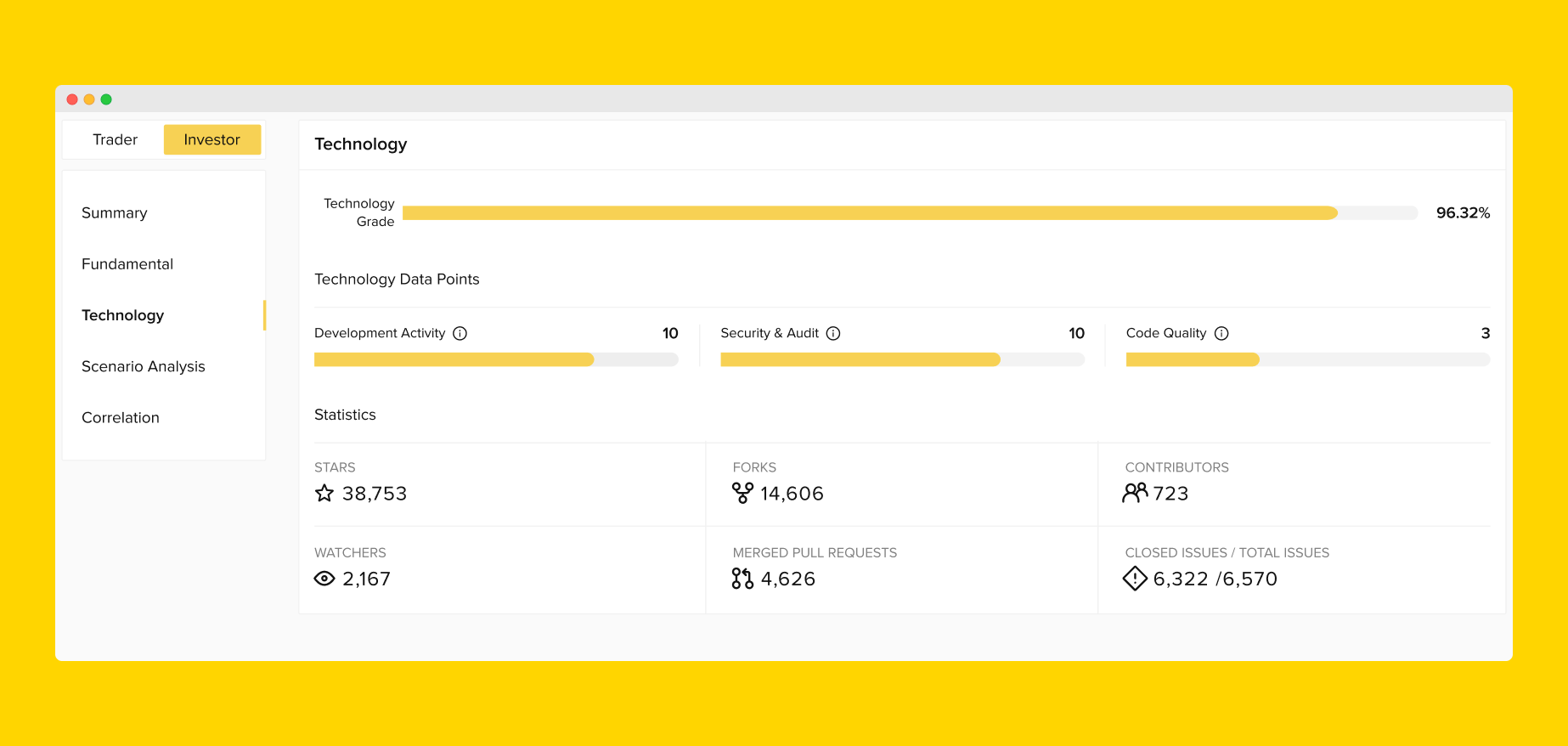Unlocking the Potential of Cryptocurrency APIs for Developers and Analysts

The evolving world of digital assets runs on data. For developers, analysts, and organizations navigating this landscape, harnessing accurate, timely, and actionable crypto data is fundamental to success. But how can you efficiently access vast ledgers, prices, and on-chain analytics from thousands of cryptocurrencies? Enter cryptocurrency APIs—the engines quietly fueling innovation and insight across the blockchain sector.
What Is a Cryptocurrency API?
An API (Application Programming Interface) is a standardized way for software to communicate and exchange information. A cryptocurrency API specifically facilitates seamless access to crypto-related data and functions. Whether dealing with historical prices, blockchain transactions, token metadata, or real-time market feeds, these APIs offer a programmatic gateway into complex digital asset ecosystems. Instead of manual research across multiple platforms, users can automate data collection, run analytics, or even build trading infrastructure—all with efficient, secure calls to an API endpoint.
The emergence of APIs has democratized access to blockchain data, benefiting projects of all sizes. Whether launching a DeFi dashboard, researching token analytics, or simply syncing exchange prices into spreadsheets, APIs are the backbone of digital asset research and development.
Types of Cryptocurrency APIs and Their Use Cases
Not all crypto APIs are created equal. Various categories reflect the diverse needs of the blockchain community:
- Market Data APIs: Provide real-time and historical price feeds, trading volume, order books, and metadata for thousands of cryptocurrencies across exchanges. Use cases include price tracking apps, research dashboards, and price alerts.
- Blockchain APIs: Serve raw blockchain data such as transaction histories, wallet balances, gas fees, and block explorers for networks like Bitcoin, Ethereum, and Solana. Essential for wallet apps, compliance tools, and NFT platforms.
- Trading APIs: Enable users and bots to execute trades, manage orders, and monitor account activity directly on supported exchanges. Vital for algo-trading platforms, portfolio balancers, and market-making bots.
- On-chain Analytics APIs: Provide deeper analytics, wallet clustering, smart contract activity, and DeFi/NFT insights to inform risk management, due diligence, or automated research.
The right API opens myriad doors—automating research, developing robust applications, and reducing manual overhead.
Key Features to Look for in a Cryptocurrency API
Choosing a crypto API isn’t just about the breadth of assets covered. Making a strategic selection involves assessing several core attributes:
- Comprehensive Data Coverage: The API should offer support for major blockchains and tokens, with deep historical and real-time data.
- Latency and Reliability: Low-latency data delivery is crucial for trading and analytics use cases. High uptime and robust SLAs are non-negotiable for mission-critical projects.
- Granularity: Look for APIs providing granular data—tick charts, historical depth, and address-level on-chain details.
- Easy Integration: Developer-friendly documentation, SDKs, and sample code reduce integration time and friction.
- Security: Encryption, authentication, and compliance with regulatory standards protect both data and end users.
- Advanced Analytics: APIs offering AI-powered signals, token ratings, smart contract analytics, and abnormal trading pattern alerts provide a valuable edge.
Assessing feature sets against your application’s requirements ensures scalability and longevity in rapidly changing markets.
Practical Examples of Cryptocurrency API Integration
How are cryptocurrency APIs shaping real-world workflows? Here are several practical scenarios:
- Portfolio Trackers: Developers aggregate prices, balances, and transaction histories from exchanges and wallets, offering users a 360° dashboard.
- Analytics Platforms: Researchers tap APIs to visualize market trends, generate on-chain heatmaps, or compare DeFi activity across protocols.
- Compliance Tools: Compliance professionals use APIs to track funds, monitor risk, and enforce AML protocols via transaction tracing and wallet analysis.
- AI-Driven Bots: Algorithmic agents ingest real-time feeds and trading signals via APIs, helping automate research, position sizing, and risk alerts.
APIs save time and reduce errors by replacing manual data collection with automated, scalable solutions accessible to both beginners and professionals.
AI and Advanced Analytics in Crypto APIs
The latest generation of cryptocurrency APIs goes beyond raw data. Powerful platforms leverage artificial intelligence (AI) and machine learning to deliver high-value insights. Examples include:
- AI-Generated Trading Signals: APIs serving probabilistic buy/sell suggestions based on market sentiment, on-chain behavior, and macro trends.
- Token Ratings: Algorithms synthesize fundamentals, developer activity, and network metrics to assign token quality scores.
- Risk Detection: Spotting abnormal trading or potential rug pulls through on-chain analytics and real-time monitoring.
- Portfolio Optimization: Intelligent portfolio construction—factoring in risk tolerance, correlations, and dynamic volatility—powered by AI within the API itself.
Access to such data is increasingly accessible through well-documented endpoints and SDKs, enabling teams to build smarter, safer crypto tools and gain market context previously reserved for institutional players.
Build Smarter Crypto Apps & AI Agents with Token Metrics
Token Metrics provides real-time prices, trading signals, and on-chain insights all from one powerful API. Grab a Free API Key
Frequently Asked Questions About Cryptocurrency APIs
How do I choose the right cryptocurrency API for my project?
Identify your core needs—price data, trading automation, on-chain analysis—and compare leading providers’ data coverage, reliability, security, and ease of integration. Consider documentation quality and the availability of support or SDKs.
Are there free cryptocurrency APIs available?
Yes, many providers offer free tiers with core data endpoints, rate limits, and restricted historical depth. Advanced features and higher call volumes often require a paid plan. Always review usage terms before building mission-critical services on free APIs.
Can I use cryptocurrency APIs for research and analytics?
Absolutely. Cryptocurrency APIs are widely used to source data for research dashboards, quantitative analysis, AI model training, and visualization platforms. Analytical tools like Token Metrics offer API integration for comprehensive analytics.
How secure are cryptocurrency APIs?
Reputable APIs use encryption, token-based authentication, and sometimes allow IP whitelisting. Choose providers with clear security practices, monitor API keys, and avoid sharing them publicly or in client-side code.
What skills are needed to work with cryptocurrency APIs?
Basic knowledge of programming languages like Python or JavaScript, APIs (REST/GraphQL concepts), and JSON/parsing skills are essential. For advanced use cases, familiarity with blockchain concepts and data structures adds value.
Disclaimer
This blog post is for informational and educational purposes only. It does not provide financial, investment, or legal advice. Always conduct your own due diligence before building, integrating, or interacting with cryptocurrency technologies or APIs.
Create Your Free Token Metrics Account

.png)




%201.svg)
%201.svg)


%201.svg)














.svg)




.png)